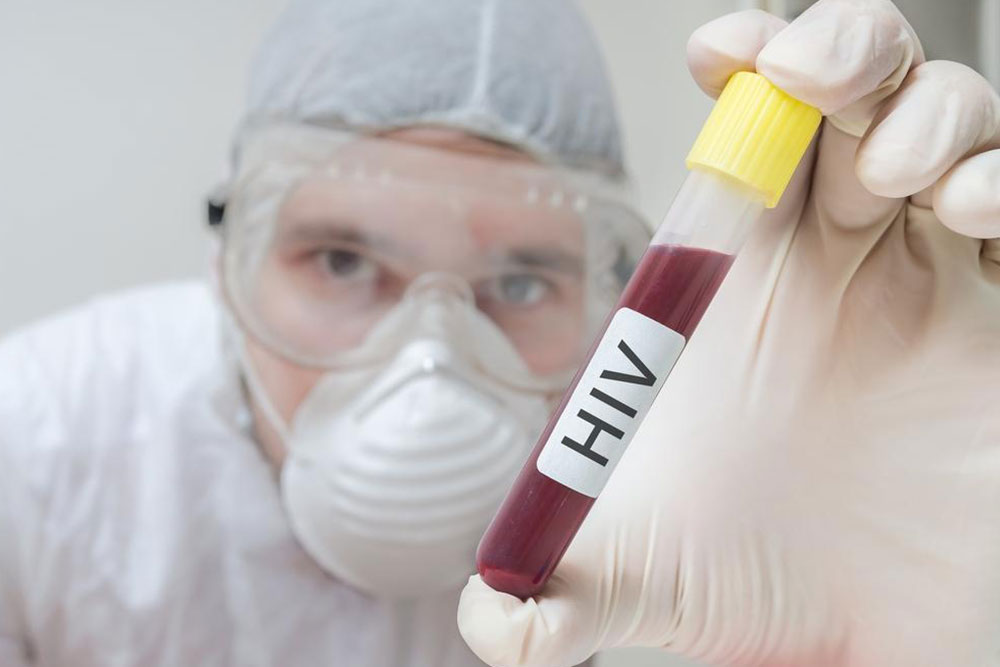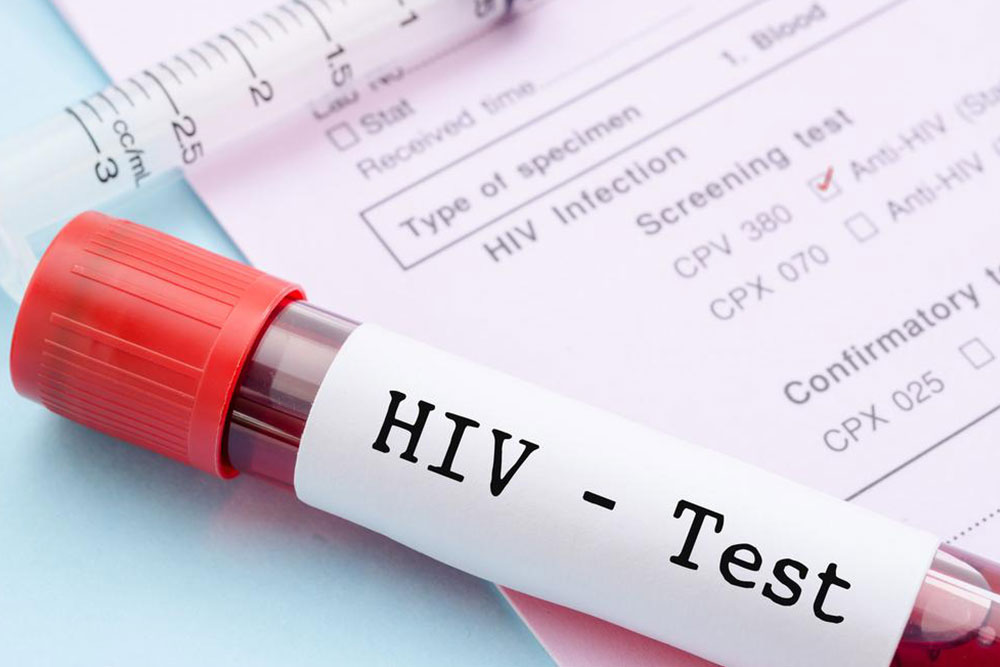Comprehensive Approaches to Improve Quality of Life for People Living with HIV
Discover effective strategies to enhance the quality of life for people living with HIV. From early detection and adherence to treatment to psychological support and preventive measures, learn how comprehensive care and awareness can empower individuals to live long, healthy, and fulfilling lives with HIV. Modern medical advancements, supportive communities, and proactive health practices are transforming HIV from a life-threatening disease into a manageable chronic condition. This guide provides essential insights for patients, caregivers, and health professionals committed to improving health outcomes and fostering resilience among those affected by HIV.

Comprehensive Approaches to Improve Quality of Life for People Living with HIV
Human Immunodeficiency Virus (HIV) remains one of the most significant global health challenges, affecting millions of individuals worldwide. Despite its seriousness, remarkable progress in medical science has transformed the outlook for those living with HIV. Today, with proper management, individuals diagnosed with HIV can lead long, healthy, and productive lives. This progress is largely due to advancements in antiretroviral therapies (ART), widespread testing and early diagnosis initiatives, and a growing understanding of how to effectively manage the condition. This article aims to shed light on essential strategies that can enhance the quality of life for people living with HIV, emphasizing early detection, treatment adherence, psychological support, and preventive measures.
HIV is a virus that targets the immune system, specifically attacking CD4 cells, which are vital for fighting infections. If left untreated, HIV can lead to Acquired Immunodeficiency Syndrome (AIDS), a condition in which the immune system becomes severely compromised, making the individual vulnerable to opportunistic infections and certain cancers. The good news is that HIV is now considered a manageable chronic disease thanks to continuous medical breakthroughs, but success depends heavily on proactive health practices. Early diagnosis plays a pivotal role because identifying the virus promptly enables timely treatment, which is critical in preventing disease progression and improving overall health outcomes.
Various testing centers around the world, many of which offer free or low-cost testing, facilitate early detection. These initiatives are crucial because early signs of HIV infection may resemble other common illnesses, such as flu-like symptoms, making it easy to overlook. Confirmatory testing by healthcare professionals ensures accurate diagnosis, allowing individuals to seek appropriate treatment immediately. Once diagnosed, individuals should initiate antiretroviral therapy (ART), which effectively suppresses the virus, reduces the risk of transmission, and prevents progression to AIDS. Consistent medication adherence is vital for maintaining viral suppression and supporting immune health.
Medical advancements have significantly extended the lifespan of people living with HIV. Regular monitoring of viral load and immune cell counts (CD4 levels) enables healthcare providers to tailor treatments to each patient’s needs. This personalized approach optimizes health outcomes, minimizes side effects, and enhances quality of life. Furthermore, educating oneself about HIV helps individuals make informed decisions regarding prevention, treatment adherence, and disclosure. Properly managing HIV also involves responsible communication with partners to prevent transmission and practicing safe sex methods, such as using condoms and other barrier protections.
Psychological and emotional well-being is equally important in maintaining a good quality of life with HIV. Living with a chronic condition can lead to feelings of anxiety, depression, or social isolation. Support from family, friends, mental health professionals, and support groups can provide vital emotional reassurance. Building resilience through counseling and peer support fosters a positive outlook, encouraging individuals to adhere to treatment plans and participate actively in their health management.
In addition to medical and psychological support, adopting a healthy lifestyle further enhances overall well-being. This includes maintaining a balanced diet, engaging in regular physical activity, avoiding substance abuse, and ensuring adequate rest. Complementary therapies like stress management techniques, mindfulness, and community engagement can also promote mental clarity and emotional strength. Preventive practices, including pre-exposure prophylaxis (PrEP) for at-risk populations, offer additional layers of protection against HIV transmission.
Staying vigilant about health, maintaining open communication with healthcare providers, and embracing a proactive approach toward treatment and prevention form the backbone of living well with HIV. Modern medicine has transformed what was once a fatal diagnosis into a manageable condition. People living with HIV have not only the ability to live long lives but also to enjoy a high quality of life—resilient, informed, and empowered to overcome challenges associated with their condition.
In conclusion, the pathway to an improved quality of life with HIV involves early screening, strict adherence to prescribed medications, mental health support, safe preventive practices, and a positive mindset. Continuous medical research and supportive community programs are essential components in ensuring that individuals with HIV can thrive academically, professionally, and socially. As awareness grows and stigma diminishes, more people are encouraged to seek testing and treatment, ultimately creating a healthier, more inclusive society where living with HIV is no longer a barrier to a fulfilling life.





